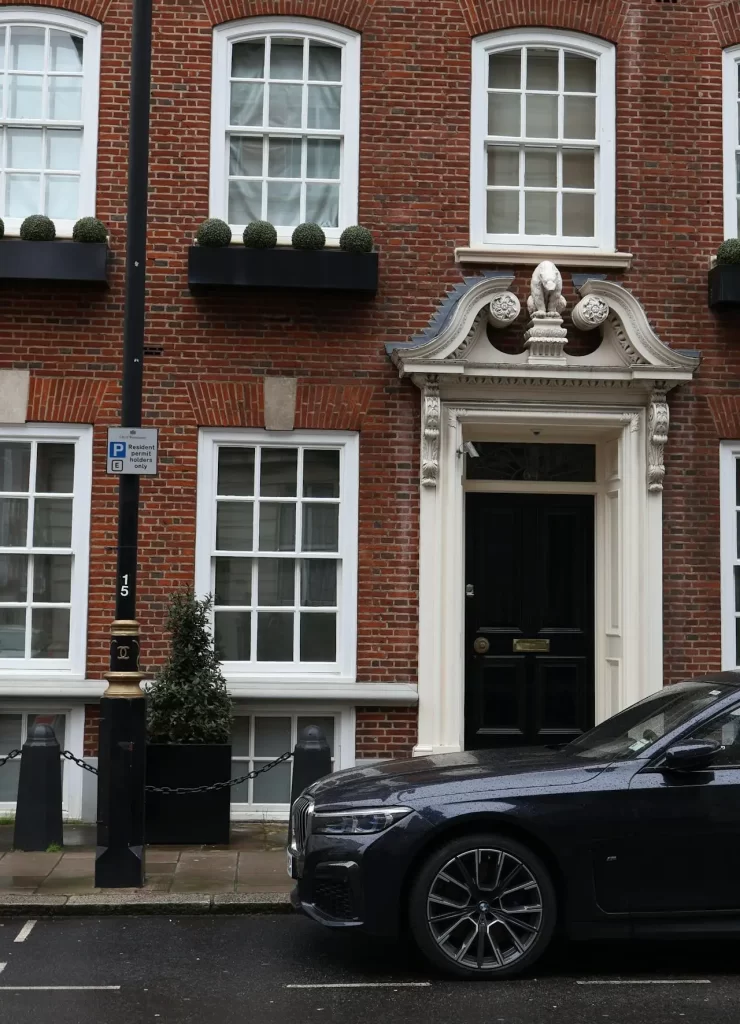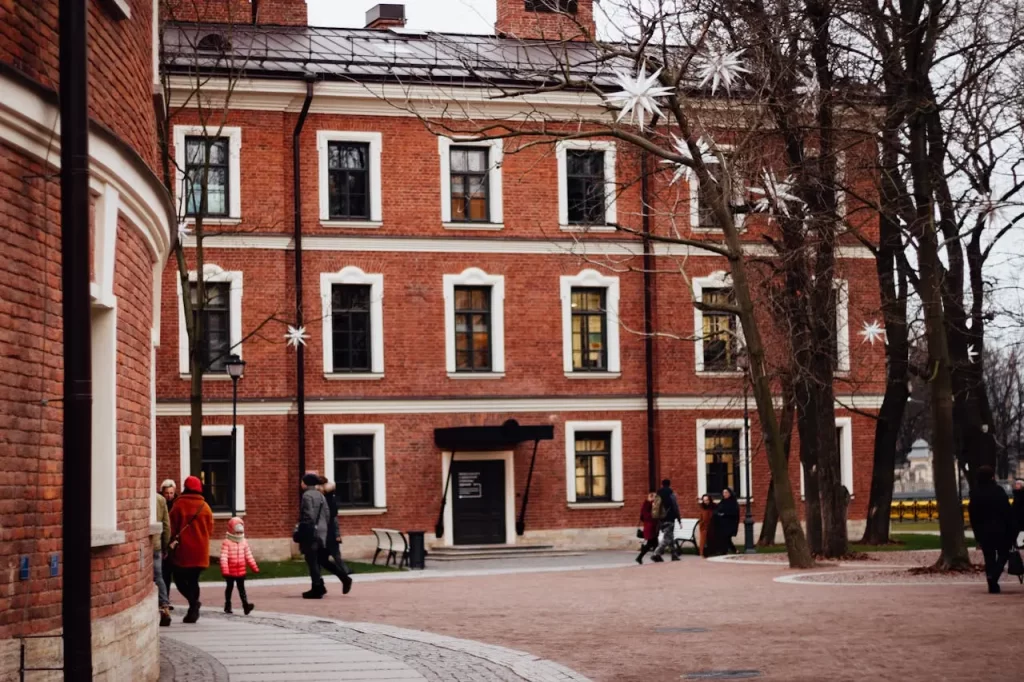Timing is key if you want to maximise your financial gain from extending your lease. A remortgage is probably a non-starter if you have less than 60 years left on the lease on your flat. If there are between 60 and 70 years still to run, there may be only a small financial gain in the extension. However, if you are approaching the 80-year mark, you should investigate extending the lease option. Every case is different, so it would be a good idea to get impartial advice from an RICS qualified surveyor before you do anything.
By extending your lease, not only could you add a substantial amount to the value of your property, but you can secure a further 90 years on your lease with no ground rent. Sometimes, however, extending your lease too early could result in your costs being higher than the actual rise in value. And, if you happened to extend your lease too late, it will mean that you won’t be able to mortgage your lease extension.
If you want to extend your lease and you decide to negotiate formally, you and your landlord must both follow strict procedures and time frames. These procedures are set out in the Leasehold Reform, Housing and Urban Development Act 1993, and exist to protect your legal rights. However, you do not need to follow these guidelines if you want to enter informal negotiations.
Naturally, the total sum of your lease extension will be mostly driven by the lease terms and the amount of time the lease is being extended for, as well as the size and location of your home. Nonetheless, there is also an array of other charges that you should take into account when assessing the cost-effectiveness of a lease extension, comprising of:
As tenants under the Leasehold Reform, Housing and Urban Development Act 1993, you have the legal power to renew your lease by adding 90 years to the remainder of your up-to-date lease, provided you have owned the property for more than two years and the lease has not yet run out.
To notify the landlord, it is advisable that you instruct a solicitor experienced in leasehold enfranchisement. The earlier you serve notice, the better; costs increase considerably once the lease falls below 80 years.

A leasehold extension calculator for London will help you make your decision, whether now is the right time to extend your lease. Learn the approximate costs of extending your lease and much more about the factors that affect the total price, what you can expect during this process and how a surveyor could assist you.
An online lease extension calculator, which comes without charge, will supply you with a rough estimate of the cost of the extension, and will provide you with a reasonably accurate guide to the probable premium. However, it is essential to get professional advice and to instruct a qualified solicitor who specialises in leasehold reform, to serve notice properly, and to handle the transaction. To keep up with the statutory process, you will also need a valuation report from a chartered surveyor.
When considering renewing your lease, any leasehold owners in London or the Home Counties need to take into account implications for property value and mortgageability. The right is created under the rules of the Leasehold Reform, Housing and Urban Development Act 1993.
If you are a leaseholder, you have a legal right to extend your lease by 90 years, so long as you have owned the property for at least 2 years, and your lease has not yet run out. The landlord can not refuse a statutory lease extension, and the freeholder’s rights are limited. But beware, the cost of extending your lease is a complex calculation, taking into account the annual ground rent, the remaining lease term, and the market value of the property. You will absolutely need a professional valuation from a chartered surveyor to find out what premium you are likely to pay for the extension.
If you would rather not spend on the extension before you’ve done your research, you can approach your freeholder of your own accord to get the ball rolling. Wherever possible, try to agree an extension cost with the freeholder voluntarily, taking the potential for costs to spiral and the need for a professional lease extension valuation into account. However, the freeholder can’t refuse a statutory lease extension. Any disputes can go to the Leasehold Valuation Tribunal.






